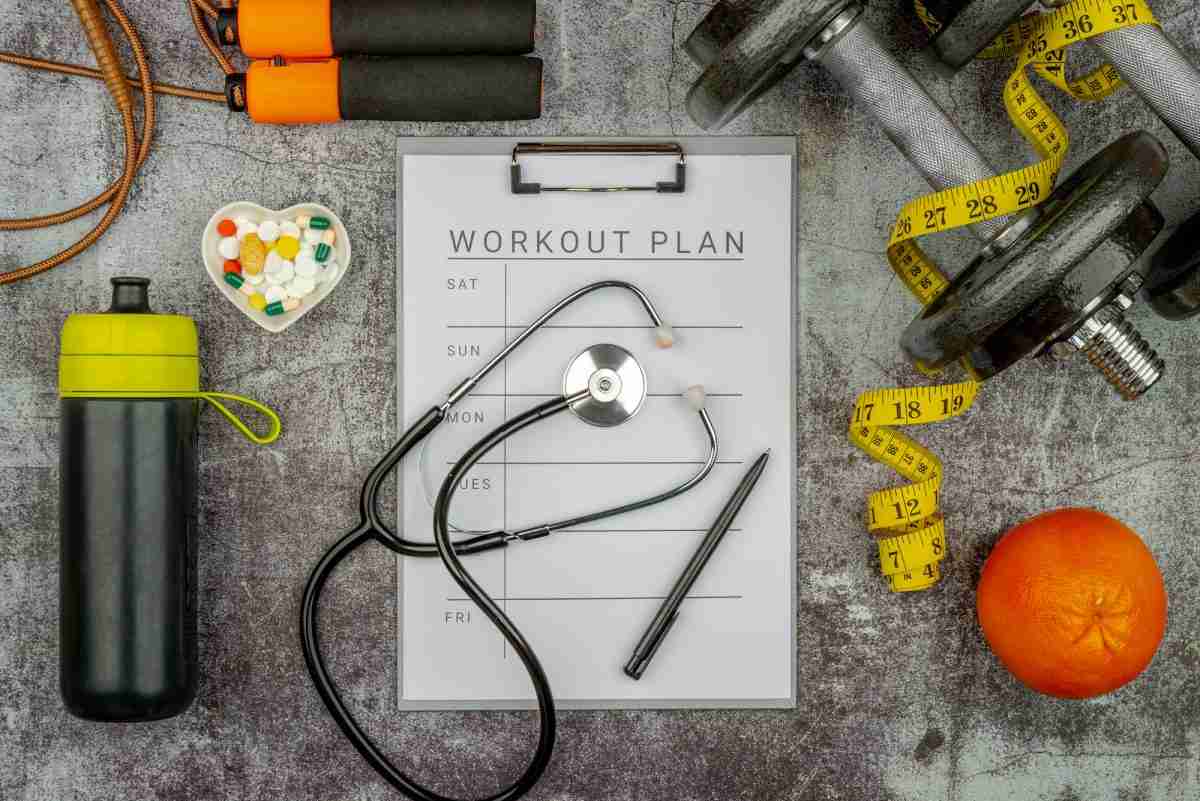Let’s be honest, we’re all a little beat right now. Between the pandemic stress, winter weather, lack of sunshine, it’s kind of hard to keep it all going. Then all of a sudden, a sniffle turns into congestion, and you have a cold or flu. Aside from the sideways looks and multiple rapid tests, you feel just run down. However, all is not lost! There are some great tricks to help boost your immunity to (hopefully) reduce your chances of getting sick, or maybe even lessen the severity.
Step 1: Get rest!
Are you an early riser? A night owl? Both? According to the Mayo Clinic, as an adult, we require 7-8 hours of sleep. Teenagers need 9-10 hours of sleep. And school-age children need 10 or more. (mayoclinic.org)
Our body repairs itself when we are asleep. A continued lack of sleep over time makes us the perfect candidate for an infectious disease. Sprinkle in some stress, and you increase those odds. Not something you want to place all your bets.
Step 2: Myth Busting
We have all heard from many a mother, aunt, grandma, etc. that extra Vitamin C and Zinc are needed to boost immunity during the flu and cold season. While they are important in reducing inflammation and keeping your immune system healthy, extra doses aren’t doing you any favors. Vitamin C is water-soluble, so any above what your body requires on a daily bias is excreted. And as for Zinc, an excess may actually cause toxic levels. Notably, an excess of zinc nasal sprays may actually damage your sense of smell! (mayoclinichealthsystem.org)
Step 3: What works
In approved doses, under a physician’s care, the following nutrients can help you shore up your immunity walls:
- Beta Carotene: Carrots, squash and dark leafy greens can help boost those immune cell numbers
- Vitamin C: Good ole citrus is a great source. Plus it is very comforting to get a nice glass of orange juice when we’re feeling under the weather
- Vitamin D: Found in fatty fish, eggs and milk. We also absorb it from the sun, which may be hard in wintery skies. According to the National Institute of Health, studies have found people with a Vitamin D deficiency may be at an increased is of COVID. A simple blood test from your doctor can let you know where you stand.
- Zinc: Available in both animal and plant-based foods. Just be mindful of the upper limit and be careful not to exceed it.
- Probiotics: Everything comes from your gut. A healthy one can be a game-changer. Greek yogurt, kimchi, or kombucha are options. Note; Not all medicines work well with some fermented foods and beverages. Consult your physician for clarity.
- Protein: An average person should consume around 15-20% of their diet in lean proteins from both plant and/or animal sources.
Bottom line: Reduce your stress, be mindful of what you eat, and supplement as directed by your doctor. You may just come through this cold and flu season as an immunity champion!

















